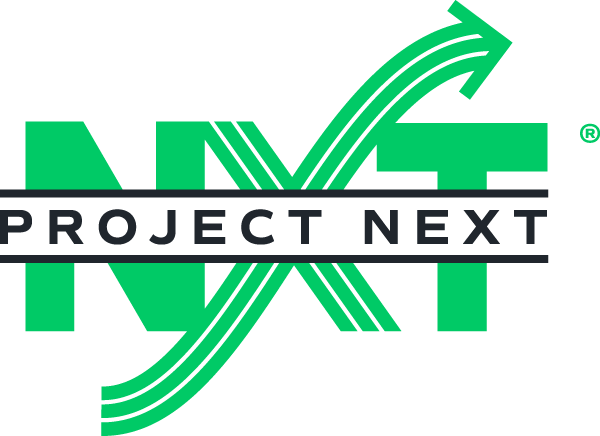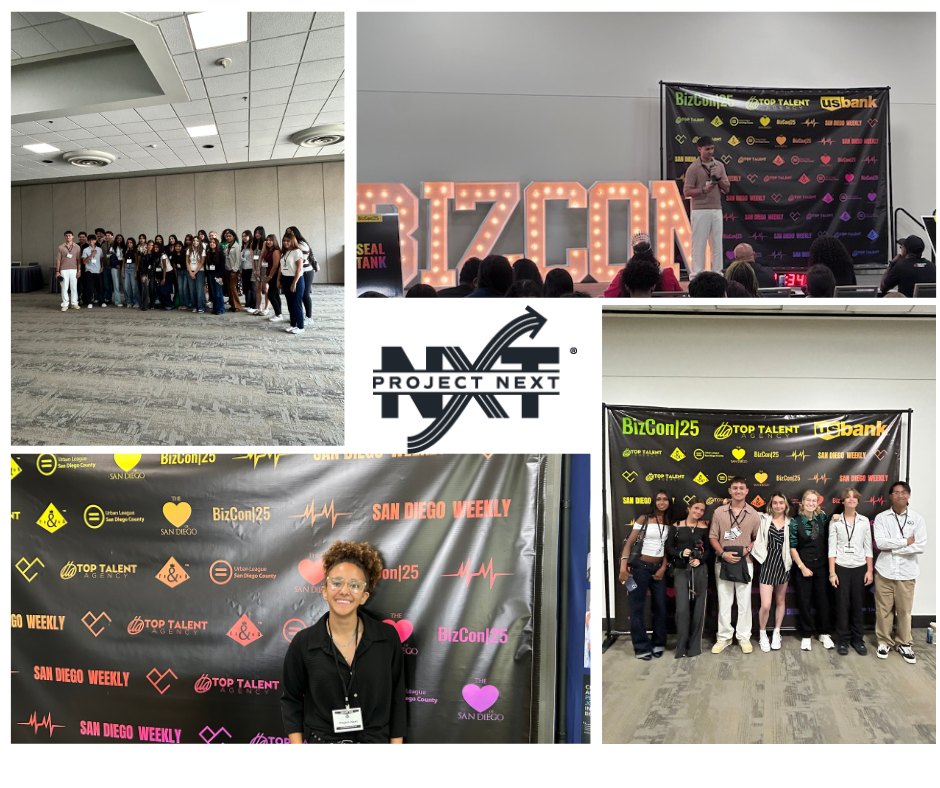Finding Your Passion: How to Choose a Career That Fits You
A Guide for High School Students Ready to Discover Their Future Path
When someone asks, “What do you want to be when you grow up?”, it can feel like a lot of pressure, especially if you're in high school and unsure of what comes next. Choosing a career may seem like a huge, once-in-a-lifetime decision, but the truth is, it’s a journey of discovery that starts with one simple step: understanding yourself.
The good news? You don’t have to have it all figured out. With the right tools and strategies, you can start identifying your interests, values, and strengths, and how they align with different career paths. Let’s dive into how you can begin finding your passion and choosing a career that fits you.
Why Finding the Right Career Matters
A career isn’t just a way to earn money—it’s a big part of your life. Choosing a path that fits your personality, interests, and strengths can help you:
✅ Feel more motivated and fulfilled
✅ Use your talents in meaningful ways
✅ Set realistic goals for your education or training
✅ Avoid wasting time or money on the wrong path
Your goal shouldn’t be to pick a “perfect” job. It should be to explore options that align with who you are.
Step 1: Know Yourself – Start With Self-Assessment
To choose a career that fits you, it helps to understand your:
- Interests (What do you enjoy doing?)
- Skills (What are you naturally good at?)
- Values (What matters most to you in a job?)
- Personality (How do you prefer to work and interact with others?)
Try These Free Self-Assessment Tools:
- O*NET Interest Profiler –
My Next Move
Helps you find careers based on your interests. - 16Personalities Test – 16Personalities.com
Discover your personality type and how it might relate to different job environments. - CareerOneStop Skills Matcher – careeronestop.org
Matches your skills with real-world jobs. - Holland Code Quiz – Based on the RIASEC model, this quiz categorizes you into six career types (Realistic, Investigative, Artistic, Social, Enterprising, Conventional) to suggest job options that fit your personality.
Tip: Take multiple quizzes and look for patterns in your results. Are you drawn to creative work? Do you love helping people? Do you enjoy solving problems? These are clues to your ideal career path.
Step 2: Explore Career Fields That Match Your Profile
Once you have an idea of your interests and strengths, explore careers that align with them. Here are a few examples based on common personality traits:
| If you're... | You might enjoy... |
|---|---|
| Creative & imaginative | Graphic design, marketing, photography |
| Logical & analytical | Engineering, data science, cybersecurity |
| Outgoing & people-oriented | Teaching, sales, public relations |
| Compassionate & helpful | Nursing, social work, counseling |
| Hands-on & practical | Construction, automotive tech, welding |
| Detail-oriented & organized | Accounting, administration, law |
Explore career profiles on sites like My Next Move or CareerOneStop to learn about job descriptions, required education, average salaries, and job outlooks.
Step 3: Talk to People in the Field
One of the best ways to learn about a career is by hearing from those who do it every day.
Try These Strategies:
- Informational Interviews: Ask a professional if you can chat for 15–20 minutes about their job.
- Job Shadowing: Spend a day observing someone in a field you’re interested in.
- Career Fairs: Attend local events to meet employers and learn about different roles.
- Ask Teachers, Counselors, or Family: You may already know someone in a career that interests you—don’t hesitate to ask questions.
Pro Tip: Prepare 3–5 questions before speaking to a professional. For example:
- What do you enjoy most about your job?
- What education or training did you need?
- What does a typical day look like?
Step 4: Try It Out Through Internships or Volunteering
Getting hands-on experience can help you discover what you love (or don’t love). Internships, volunteering, or even part-time jobs are great ways to explore potential careers before committing to a long-term path.
Examples:
- Volunteer at a local animal shelter if you’re considering veterinary science
- Intern at a community center if you’re interested in social work or education
- Help a small business with social media if marketing catches your eye
These experiences also build your resume and teach valuable soft skills like communication, teamwork, and problem-solving.
Step 5: Keep an Open Mind & Be Patient
Your passions and interests may shift over time, and that’s okay! Career paths are rarely straight lines. What matters most is starting the journey with curiosity and a willingness to explore.
✅ You don’t have to know your final destination right away.
✅ Every experience helps you learn more about yourself.
✅ It's normal to try, pivot, and grow along the way.
Final Thoughts: Passion Meets Purpose
Choosing a career that fits you doesn’t mean finding one perfect answer—it means taking the time to understand your unique strengths, interests, and values. By using self-assessment tools, exploring your options, and gaining real-world experience, you’ll get closer to discovering an exciting and meaningful path.
Your future doesn’t start after graduation; it starts right now! So take the first step, explore boldly, and remember: your passion is out there waiting for you to find it.










